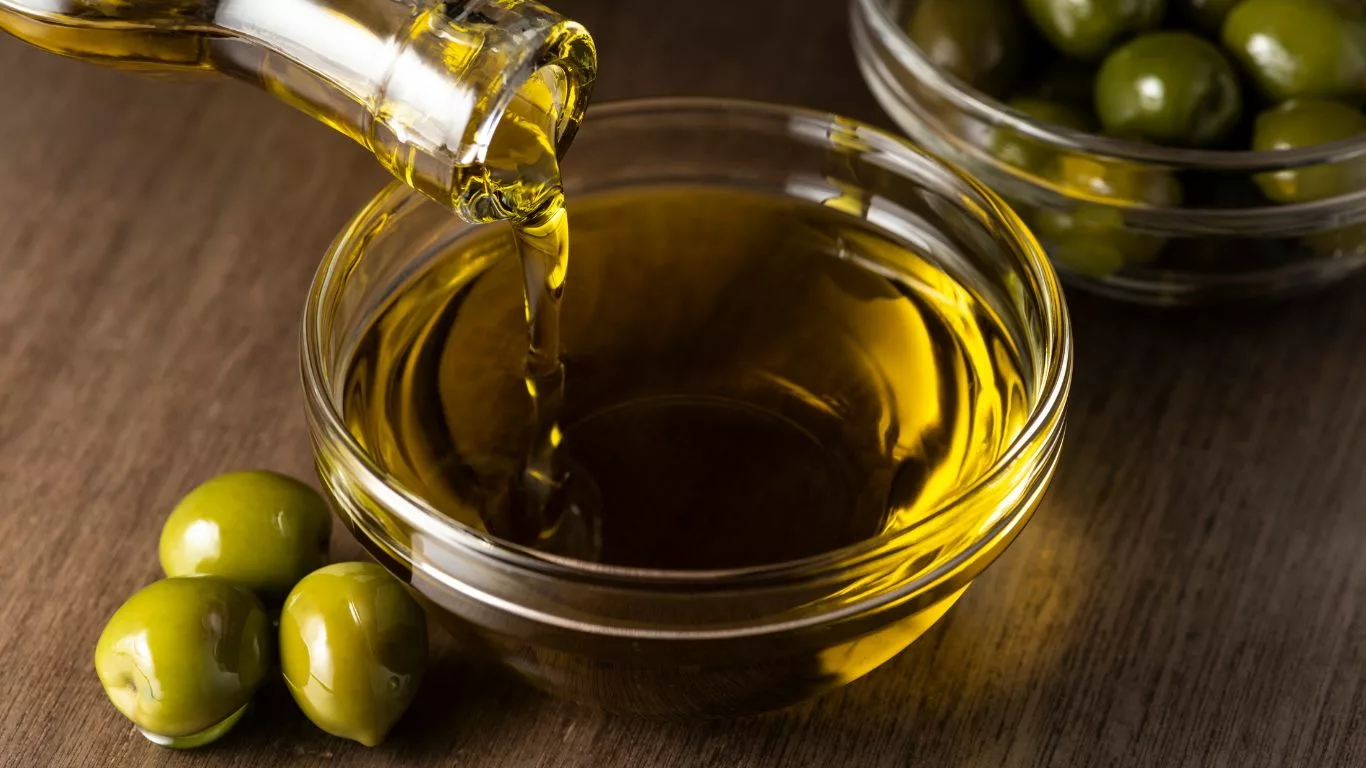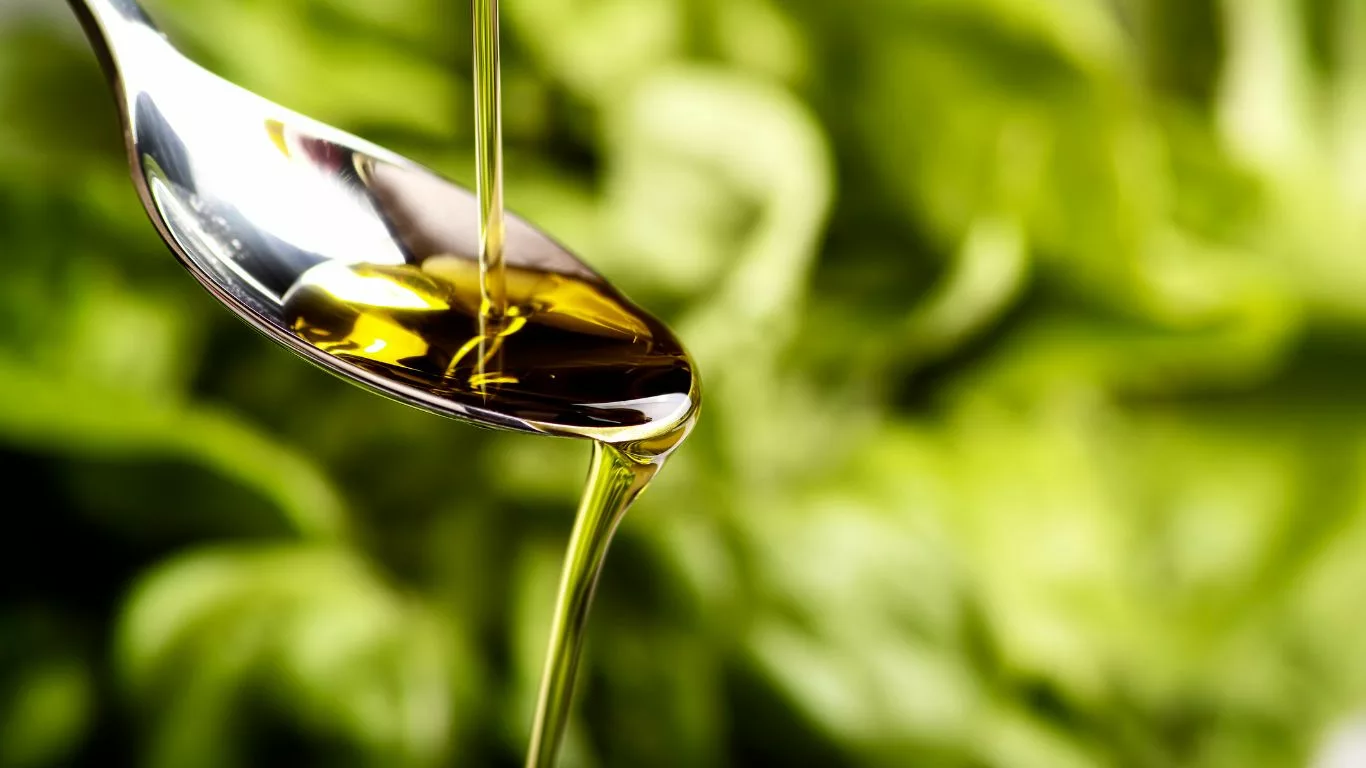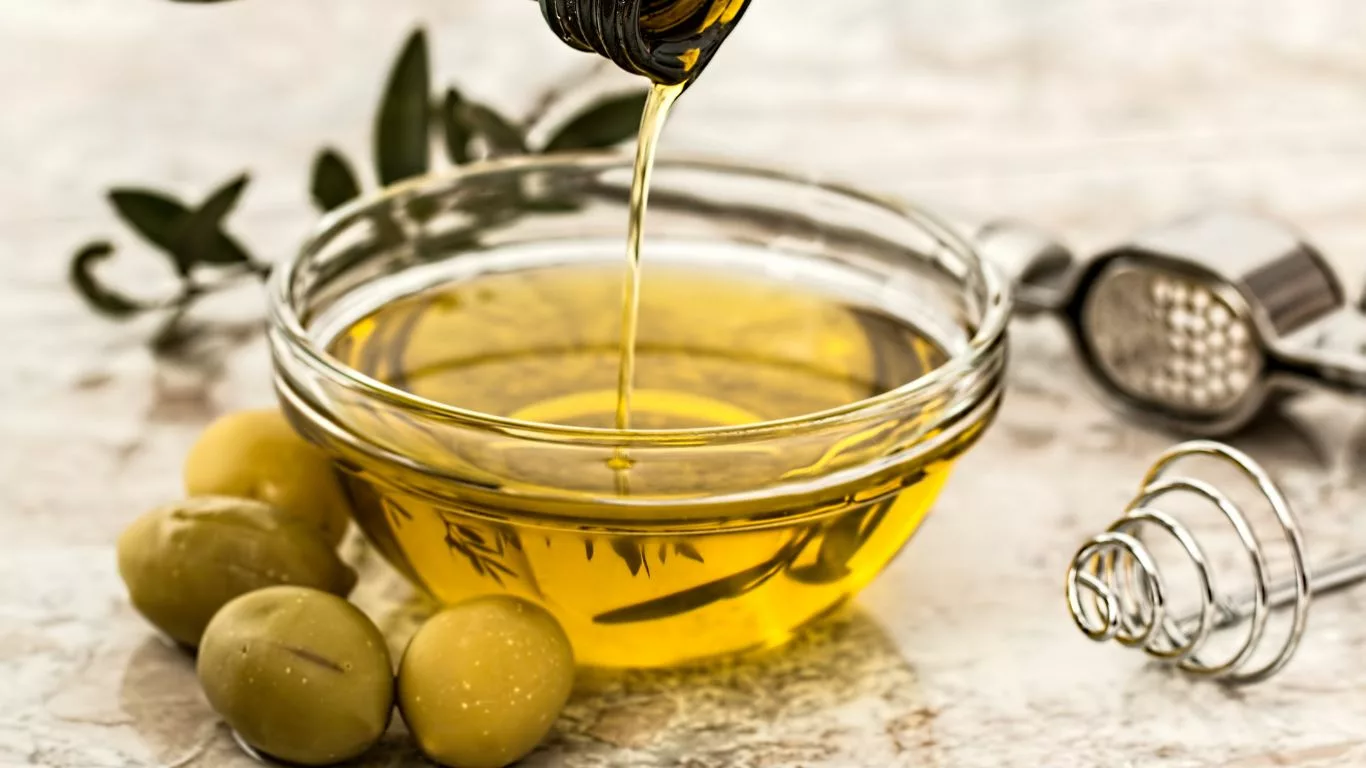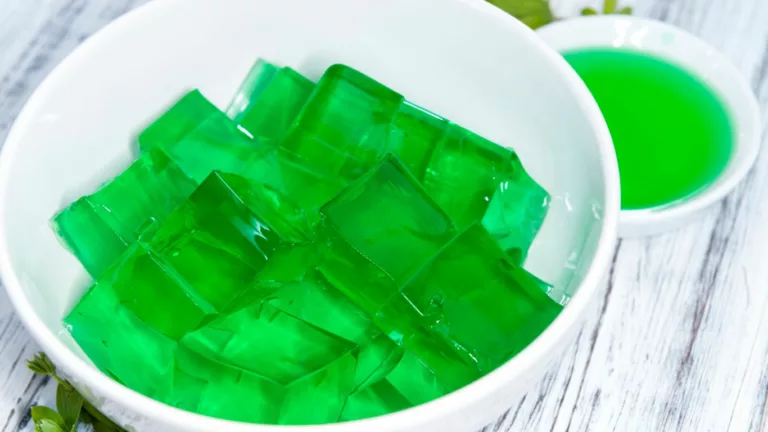Olive Oil’s Cholesterol Benefits: Science, Usage, and Health
Discover the science behind olive oil’s impact on cholesterol. Learn how to use it effectively for heart health and make informed dietary choices.
Introduction
Olive oil has been a cornerstone of the Mediterranean diet for centuries, celebrated not only for its culinary versatility but also for its potential health benefits. Among the various advantages attributed to olive oil, its impact on cholesterol levels has garnered significant attention. This comprehensive article delves into the intricate relationship between olive oil and cholesterol, providing an in-depth exploration of its effects, benefits, and important considerations.
Understanding Cholesterol
To comprehend the implications of olive oil on cholesterol, it’s crucial to first understand the role of cholesterol in the body and its impact on health.
What is Cholesterol?
Cholesterol is a lipid molecule that is essential for the proper functioning of the human body. It serves as a structural component of cell membranes and is a precursor for the synthesis of essential molecules, such as hormones and vitamin D.
Types of Cholesterol
Cholesterol is transported in the bloodstream by lipoproteins. Low-density lipoprotein (LDL) cholesterol is often referred to as “bad” cholesterol because high levels can lead to the buildup of fatty deposits in arteries, potentially increasing the risk of heart disease. Conversely, high-density lipoprotein (HDL) cholesterol, known as “good” cholesterol, helps transport cholesterol away from the arteries to the liver for excretion.
Role of Cholesterol in Health
Cholesterol plays a vital role in maintaining cellular integrity and supporting various bodily functions. However, an imbalance in cholesterol levels, particularly elevated LDL cholesterol, is associated with atherosclerosis and cardiovascular diseases.

Olive Oil and Cholesterol
Composition of Olive Oil
Olive oil, extracted from the fruit of the olive tree, is primarily composed of monounsaturated fats, specifically oleic acid. This heart-healthy fat is renowned for its potential positive impact on cholesterol levels. Additionally, olive oil contains a spectrum of antioxidants, including polyphenols and vitamin E, which contribute to its potential health benefits.
Effects on LDL Cholesterol
Numerous studies have investigated the effects of olive oil consumption on LDL cholesterol levels. Monounsaturated fats are believed to enhance the removal of LDL cholesterol from the bloodstream and reduce the production of new cholesterol by the liver. This dual action results in a favorable reduction in LDL cholesterol, thereby promoting cardiovascular health.
Impact on HDL Cholesterol
Olive oil’s benefits extend beyond LDL cholesterol. Research suggests that the monounsaturated fats in olive oil may also boost HDL cholesterol levels. The mechanisms underlying this effect are not fully understood, but it is believed that olive oil’s antioxidants play a role in supporting HDL function.
Polyphenols and Antioxidants in Olive Oil
Olive oil is rich in polyphenols, bioactive compounds with potent antioxidant properties. These polyphenols, such as hydroxytyrosol and oleuropein, have been shown to reduce oxidative stress, inflammation, and improve blood vessel function. They contribute to the overall cardiovascular benefits of olive oil consumption.

Research and Studies
Clinical Studies on Olive Oil and Cholesterol
The relationship between olive oil and cholesterol has been extensively explored through clinical studies. These studies have consistently demonstrated that incorporating olive oil into the diet can lead to notable improvements in cholesterol levels. A study published in the “Journal of the American College of Cardiology” reported that participants who consumed a Mediterranean diet rich in olive oil experienced significant reductions in LDL cholesterol levels compared to a control group.
Mechanisms Behind Olive Oil’s Effects
The mechanisms responsible for olive oil’s cholesterol-lowering effects are multifaceted. Monounsaturated fats enhance the expression of LDL receptors in the liver, facilitating the clearance of LDL cholesterol from the bloodstream. Furthermore, olive oil’s polyphenols exert anti-inflammatory effects that contribute to overall cardiovascular health.
Choosing the Right Olive Oil
Selecting the appropriate type and quality of olive oil is essential to fully reap its potential benefits.
Extra Virgin Olive Oil vs. Refined Olive Oil
Extra virgin olive oil (EVOO) is the least processed form of olive oil and retains the highest levels of antioxidants and beneficial compounds. It is extracted through mechanical means without the use of heat or chemicals. Refined olive oil, on the other hand, undergoes processing that may strip away some of its natural compounds. Opting for extra virgin olive oil ensures maximum retention of its nutritional value and health benefits.
Reading Labels and Quality Indicators
When purchasing olive oil, paying attention to labels and quality indicators is crucial. Look for certifications such as “Cold-Pressed” or “Certified Organic.” Additionally, check the oil’s country of origin, as oils from reputable regions like Spain, Italy, and Greece are often held to high quality standards. A distinctive flavor and aroma are indicators of a high-quality olive oil.

Incorporating Olive Oil
Cooking with Olive Oil
Olive oil’s versatility makes it an excellent choice for various cooking methods. Its medium-high smoke point makes it suitable for sautéing, roasting, baking, and drizzling over cooked dishes. The natural richness of olive oil can enhance the flavor of a wide range of cuisines.
Substituting Unhealthy Fats with Olive Oil
One effective strategy for integrating olive oil into your diet is by substituting less healthy fats with olive oil. Replace butter, margarine, or other cooking oils with olive oil in recipes to reduce saturated and trans fats, thereby promoting heart health.
Recommended Daily Consumption
While olive oil offers an array of health benefits, moderation is key due to its caloric density. The American Heart Association suggests replacing unhealthy fats with about 2 to 3 tablespoons of olive oil per day to maintain a balanced diet.

Considerations and Precautions
Individual Responses to Olive Oil
Individual responses to olive oil consumption can vary. While many individuals experience positive effects on cholesterol levels, others may respond differently. Regular monitoring of cholesterol levels, along with consultation with a healthcare professional, can help tailor dietary choices to individual health needs.
Interaction with Medications
If you’re taking cholesterol-lowering medications or have specific health conditions, it’s advisable to consult a healthcare provider before making significant dietary changes. While olive oil’s effects are generally beneficial, it’s important to ensure compatibility with existing treatments.
Balancing Diet and Lifestyle
Olive oil is most effective when incorporated into a holistic approach to heart health. Pairing its consumption with a diet rich in fruits, vegetables, whole grains, lean proteins, and regular physical activity synergistically enhances its benefits.

Conclusion
In conclusion, the question “Is olive oil good for cholesterol?” is supported by a robust body of scientific research. The unique composition of monounsaturated fats, antioxidants, and polyphenols in olive oil contributes to improved cholesterol profiles and overall cardiovascular well-being. By gaining an understanding of cholesterol dynamics, the mechanisms driving olive oil’s effects, and prudent ways to include it in your diet, you can harness the potential of this remarkable oil for promoting heart health.
Appendices
References:
- Estruch, R., Ros, E., Salas-Salvadó, J., Covas, M. I., Corella, D., Arós, F., … & Lapetra, J. (2018). Primary prevention of cardiovascular disease with a Mediterranean diet supplemented with extra-virgin olive oil or nuts. New England Journal of Medicine, 378(25), e34. https://pubmed.ncbi.nlm.nih.gov/29897866/
- Hernáez, Á., Fernández-Castillejo, S., Farràs, M., Catalán, Ú., Subirana, I., Montes, R., … & Pedret, A. (2019). Olive oil polyphenols enhance high-density lipoprotein function in humans: a randomized controlled trial. Arteriosclerosis, Thrombosis, and Vascular Biology, 39(10), 2083-2095. https://pubmed.ncbi.nlm.nih.gov/25060792/
- Schwingshackl, L., & Hoffmann, G. (2014). Mediterranean dietary pattern, inflammation and endothelial function: a systematic review and meta-analysis of intervention trials. Nutrition, Metabolism and Cardiovascular Diseases, 24(9), 929-939. https://www.sciencedirect.com/science/article/abs/pii/S0939475314001094
Disclaimer: The information provided in this article is for educational purposes only and should not be considered a substitute for professional medical advice. Always consult with a healthcare provider before making significant changes to your diet or health regimen.

Camellia Wulansari is a dedicated Medical Assistant at a local clinic and a passionate health writer at Healthusias.com. With years of hands-on experience in patient care and a deep interest in preventive medicine, she bridges the gap between clinical knowledge and accessible health information. Camellia specializes in writing about digestive health, chronic conditions like GERD and hypertension, respiratory issues, and autoimmune diseases, aiming to empower readers with practical, easy-to-understand insights. When she’s not assisting patients or writing, you’ll find her enjoying quiet mornings with coffee and a medical journal in hand—or jamming to her favorite metal band, Lamb of God.







